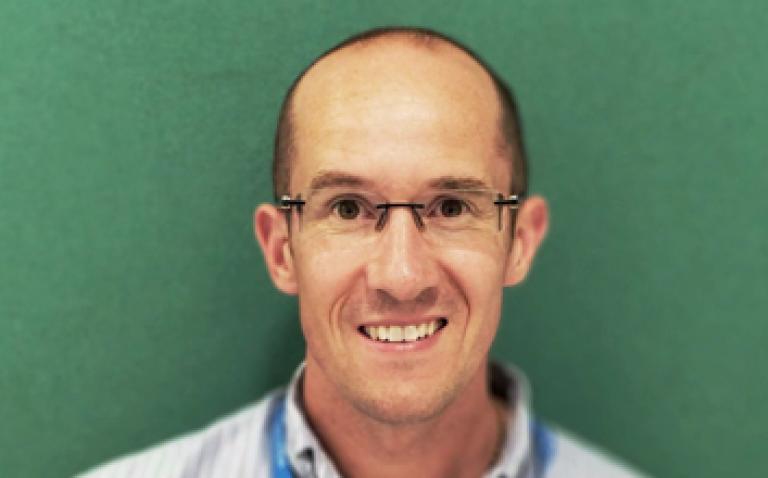Clinical education research pharmacist Michael Lloyd shares his pharmacy journey
Undergraduate experiences developed an interest in quantitative research, with my early career seeing involvement in many audits and quality improvement projects. I later completed a postgraduate Master’s degree that illuminated the world of qualitative methodologies and I was hooked!
A proposal to undertake a PhD followed, which subsequently – thanks to the vision and foresight of key individuals and departments in the organisation – led to the investment and creation of a unique clinical education research post. These higher degrees have been integral in providing the expertise and confidence to lead on clinical research.
As a clinical pharmacist, educationalist and researcher, time and resources are precious and my research needs to be aligned with organisational priorities with, at least potentially, tangible benefits for practice.
Research for me starts with a question, or at least a problem, that you seek to understand or address. This is both why and how I have pursued interests in clinical research. As a pharmacist and educationalist, I am curious and passionate about prescribing and patient safety with observations in clinical practice catalysing ideas for research projects.
Additionally, I read widely on prescribing safety, seeking inspiration from true pioneers in the field, and the literature continues to be a constant source of inspiration for me. Equally, attendance at and presentation of my own research at conferences has kindled both ideas and new projects, helped with horizon scanning and established networks and collaborations that have further enhanced my research activity.
While there is an overarching theme of interest to my research, the projects can be wide and varied. Recent projects have included evaluation of a programme of prescribing feedback, a pharmacy technician discharge prescription transcribing service and the impact of various interventions on insulin prescribing. Rigorous design and evaluation of these projects has informed their continued application and success within the organisation.
Research is a fully immersive and rewarding experience both personally and professionally and is essential to enhance practice and society by providing the evidence to support service innovations and business cases.
However, research is not without its limitations. It can be difficult to balance professional and personal commitments, but can be achieved through effective time management, team-working and appropriate delegation to team members or leading through others who are keen to develop research experience. Regular communication with collaborators and your research and development team is essential to support completion of a successful research project.
Rejections from grant proposals or publications can be challenging and potentially demoralizing but are equally a part of research. An understanding of these risks combined with a resilience and perseverance and humility to learn from feedback can turn failures into later successes, with each challenge providing opportunities to learn and develop.
The role of the clinical pharmacist is evolving and the need for practitioners to undertake clinical research is increasingly important to innovate and evaluate practice either in a substantive role, or embedded as part of routine, advanced practice. As pharmacists, we have unique viewpoints on clinical practice and participating in clinical research will only enhance your value, skill set and flexibility within a team.
But would I recommend this role to colleagues? Clinical research provides unique job opportunities and can be incredibly rewarding with enhanced job satisfaction. So yes, I would unreservedly recommend that you go and pursue opportunities for clinical research to advance your expertise and area of practice.










